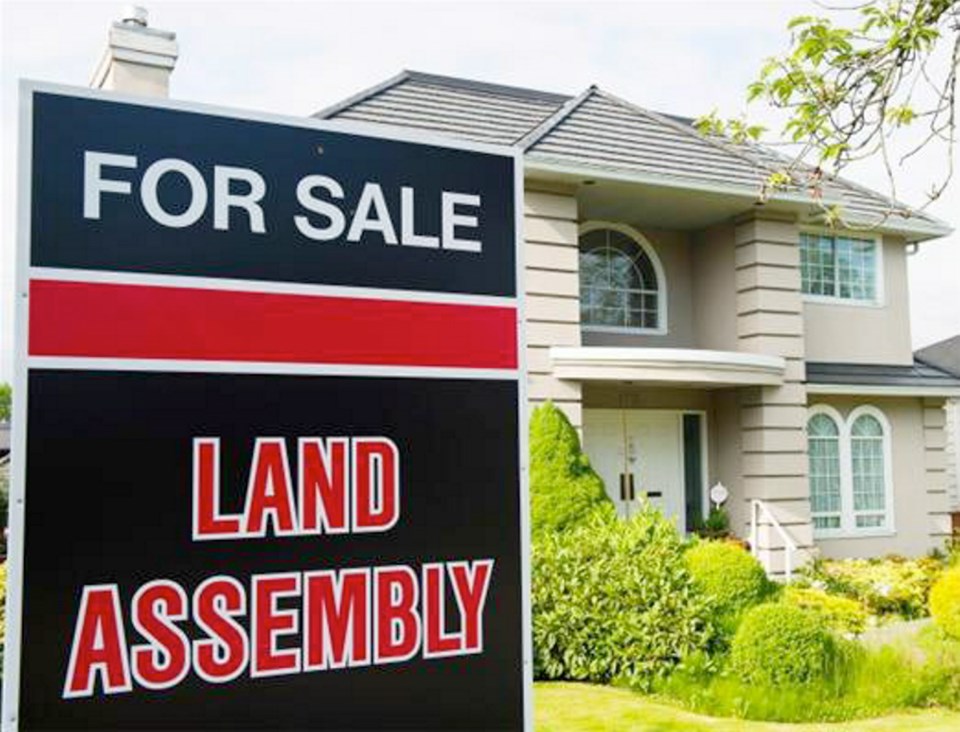A new study commissioned by the City of Vancouver rejects the B.C. government's argument that the city's soaring take of development fees — specifically Community Amenity Contributions (CACs) — is forcing housing prices to rise.
The real "culprit," said the report from Coriolis Consulting, is that Vancouver "has become part of a global real estate market," with strong demand from foreign investors as well as Canadian investors and local home buyers.
That finding supports Vancouver Mayor Gregor Robertson's recent request for B.C. Premier Christy Clark to intervene with measures, including a speculation tax and higher tax on luxury home transactions.
Clark, however, rejected Robertson's plea, relying on a study from the B.C. Real Estate Association saying that, although hard data is missing, the industry believes foreign investors are a non-factor in Metro Vancouver housing prices.
Clark and the Urban Development Institute (UDI) believe city development fees are the affordability culprit, and also a factor in limiting housing supply.
"The city should also consider what it can do to address housing affordability," Clark wrote to Robertson.
"In a report last year the UDI estimated that Vancouver's civic fees and levies add $76,144 to the price of a new condo unit worth roughly $450,000."
UDI's CEO Ann McMullin said Robertson's proposed measures to limit investors could in fact increase home prices. "With the speculative tax, when we attach fees and charges, we should all know it makes things more expensive," McMullin said. "A speculation tax would probably make prices go up."
Clark's comments about development fees reveal a behind-the-scenes battle.
As the UDI has ramped up complaints about Vancouver's rising take of CACs, Robertson's office has warned that scrutiny of the negotiated fee system will only highlight how much developers are profiting in the current boom.
The debate over CACs is essentially about how much the city should charge for infrastructure related to development.
When developers want land rezoned to increase housing density, in Vancouver they must pay negotiated CAC funds, which the city says are in turn used to pay for parks, schools, transit, and sometimes for affordable housing units.
In 2014, Vancouver took in a stunning $234 million in CACs from just 50 rezoning permits. Former Vancouver planners and prominent developers argue the city is becoming addicted to CAC cash, at the expense of affordability and good urban planning.
"The city is getting a bit greedy with CACs," Vancouver developer Jon Stovell told The Province.
"They see it as a revenue stream." But Coriolis, in its report for the city, found no evidence that CACs boost housing prices.
The report cited Vancouver's booming pace of development and condo unit sales as proof that CACs are not hindering developers, and added that in some cases affordable housing units are built from the money raised in CACs.
"In our view the empirical evidence indicates CACs are not the cause (of unaffordabilty in Vancouver) and may even be part of the solution," Coriolis concluded.



